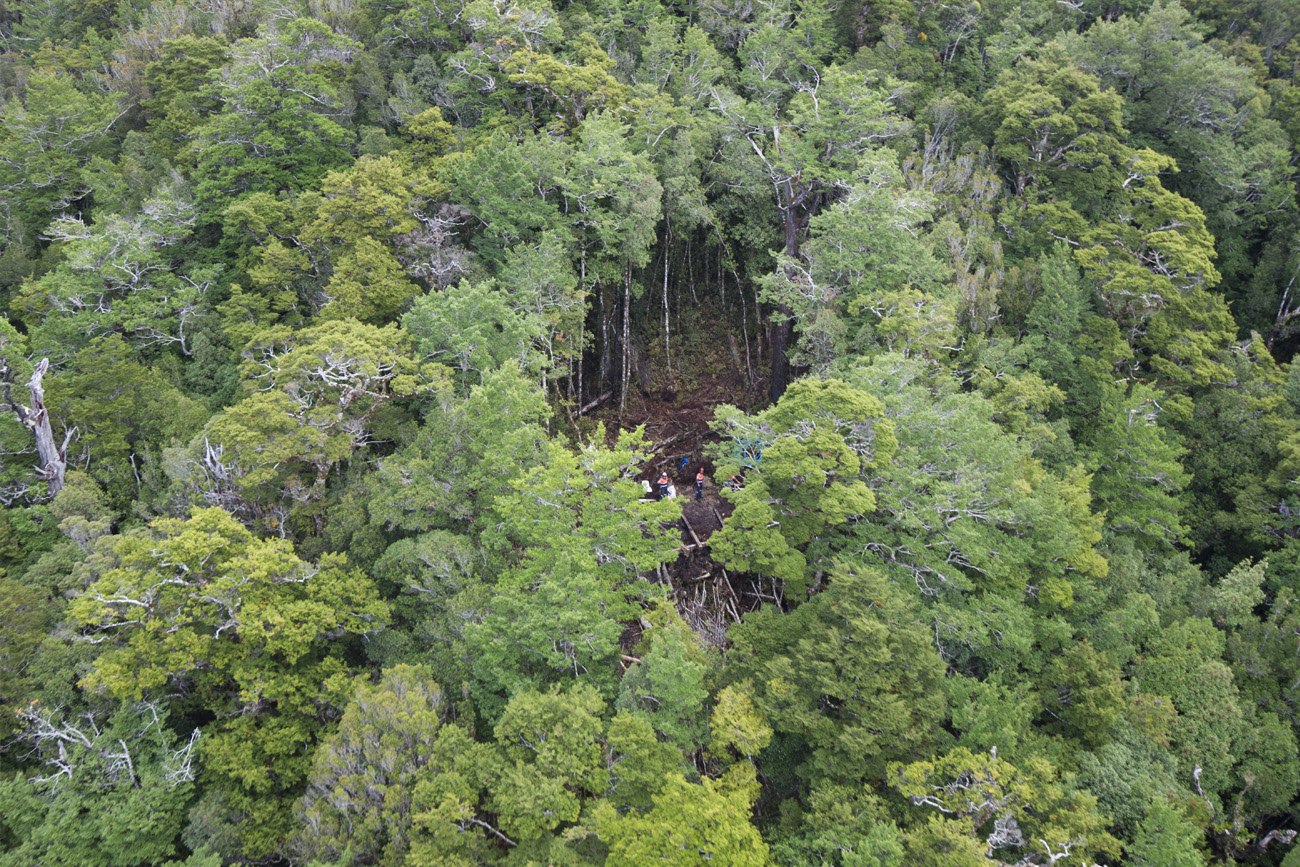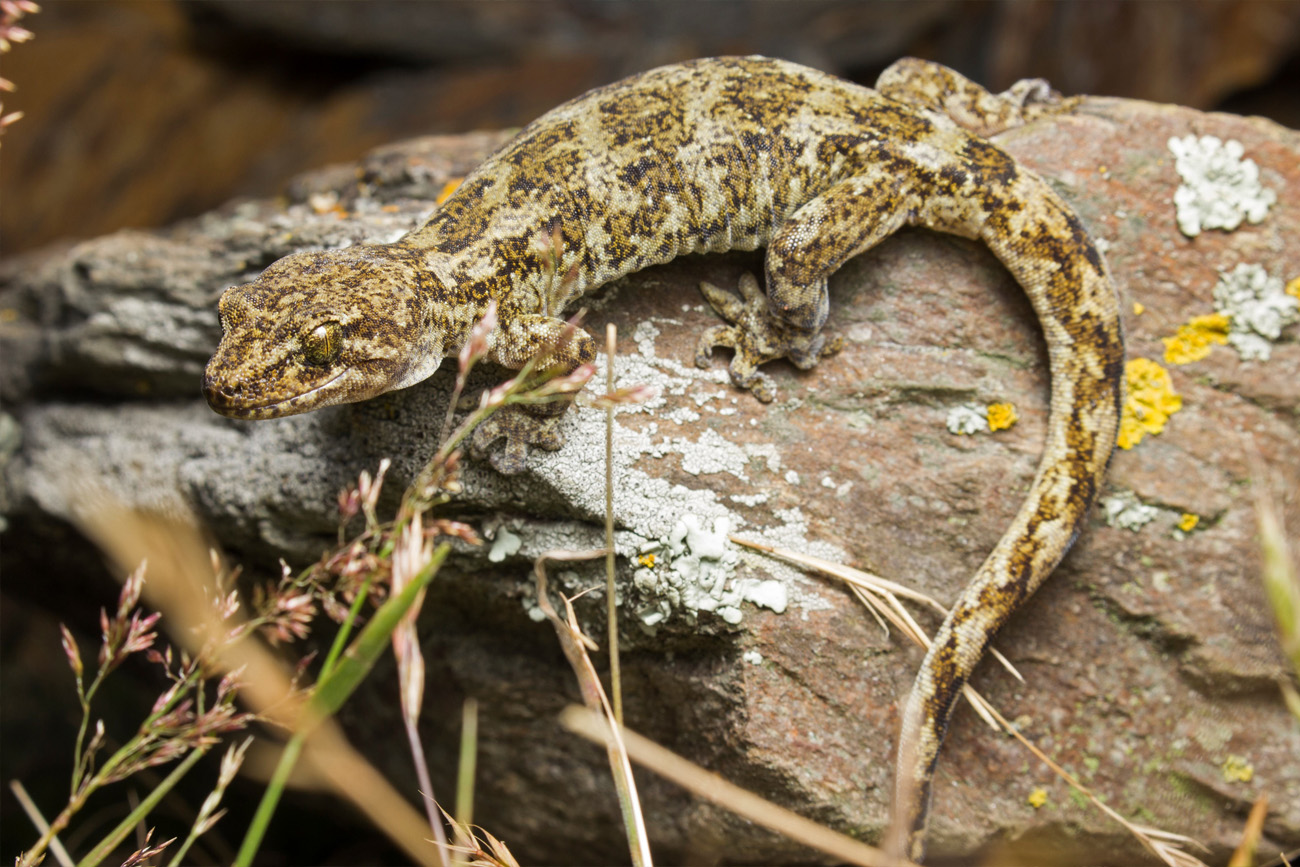Conservation land
Why a mining ban on conservation land makes no sense
Some parts of Government and society call for a ban of mining on conservation land. We set out here more reasons why a mining ban on conservation land makes no sense.
Already mining on national parks is banned and the industry supports this. Placing a ban on the remaining conservation land isn’t necessary as New Zealand has a system where access to the land for mining has to be applied for and approved, with strong environmental safeguards and conditions in place. It is important to note that one-third of New Zealand has been put into the conservation estate, meaning a large chunk of the country would be out of bounds for no sound reason if a ban went ahead.
No one wants to mine in the pristine National Parks that are part of the conservation estate. Opponents of mining will hold up the national parks and use them as bait to initiate conversations about banning mining.
But this ban is thinking small, not big and strategic.
It would be concerning if ideology isolated New Zealand from the rest of the world in the quest to resource a better future with sustainably sourced minerals, responsibly mined in an employment environment that values worker health and safety, working conditions and pay.
Eight reasons a ban makes no sense
- Not all conservation land has high conservation value
- Existing world-class environmental safeguards mean a ban is not necessary
- Minerals are essential to the way we live and are a crucial part of the low carbon future
- A ban would lead to damaging unintended consequences
- Just 0.04% of conservation land is mined
- Modern mining practices ensure good environmental outcomes
- Mining creates well-paid jobs and is important to the New Zealand economy
- Banning mining on conservation land is not the instrument to curb emissions








